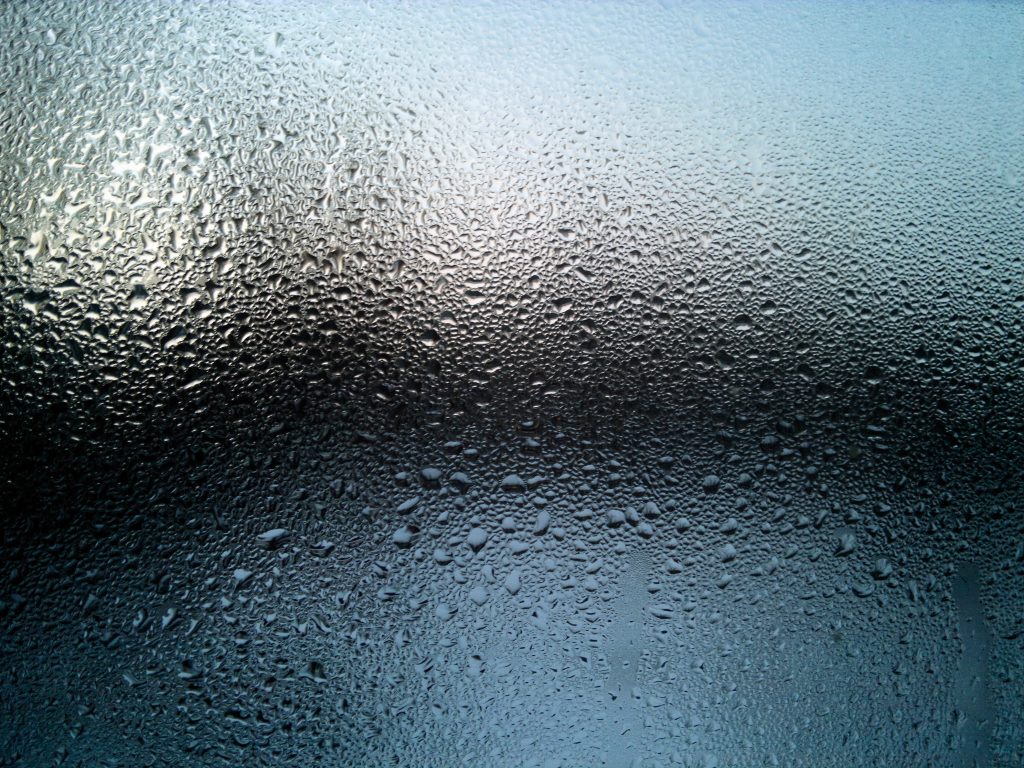Recently, we’ve explained how alcohol impacts your heart, liver and brain. But the physiological effects of long-term alcohol abuse aren’t always so cut-and-dry. They often impact more than just a single organ or system. Alcohol is also a known carcinogen – meaning a substance known to promote the formation of cancer.
So what’s the subject this week? Alcohol’s impact on your cancer risk.
Alcohol Links to 7 Cancer Types
Experts are still studying the correlation between alcohol and different types of cancers, and they’re still discovering a lot. However, they’ve found without question that alcohol use – both long-term, heavy use and light to moderate use – likely increases your chance of cancer in seven body parts. These include your:
The risk for these cancers increases over time, particularly when a person keeps drinking. Your mouth, throat and esophagus are the most likely to be affected, since they come into direct contact with the alcohol you consume. Experts estimate that alcohol is directly responsible for about 5% of new cancer cases and cancer-related deaths around the world.
Why Does Alcohol Carry This Risk?
Researchers and physicians are still figuring out what about alcohol causes cancer in our bodies. Some possibilities include that alcohol’s composition damages the DNA of healthy cells: alcohol contains ethanol, and it produces a substance called acetaldehyde when digested. Both ethanol and acetaldehyde are thought to affect the composition of our cells.
Alcohol may also affect the breakdown of estrogen in our bodies, which can lead to an increased risk of breast cancer for women.
Here’s one more alternate theory: alcohol limits the body’s ability to process and absorb important nutrients, like vitamins A, C, D, and E. Like the other explanations, this bodily lack can increase your risk of cancer.
How You Can Limit Your Cancer Risk
We can’t perfectly predict the likelihood of getting any type of cancer, including alcohol-related cancers. If you’re in recovery for alcohol abuse disorder, the best thing you can do is continue that process and keep alcohol out of your body. But also make sure to pay attention to your body. Talk to your doctor if you notice any changes that may indicate cancer – whether you have a history of alcohol abuse or not.
Also, consult our Getting Started section if you have more questions about how alcohol can affect your body, or if you’re in search of other resources to jumpstart your recovery journey. And if you’re ready to move ahead into recovery, be sure to sign up for In The Rooms for free, and see how we can best serve you!
Sources:
“Alcohol Consumption and the Risk of Cancer” – National Institute on Alcohol Abuse and Alcoholism
“How Drinking Alcohol Raises Cancer Risk” – WebMD
“Alcohol-Attributable Cancer Deaths and Years of Potential Life Lost in the United States” – PubMed Central
“Alcohol and Cancer” – Centers for Disease Control and Prevention
Photo by Aleksandr Slobodianyk from Pexels







